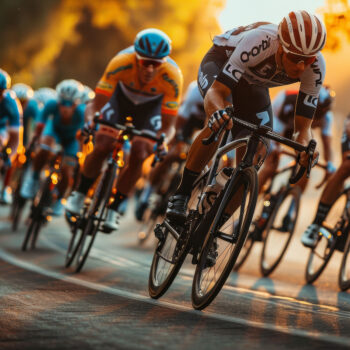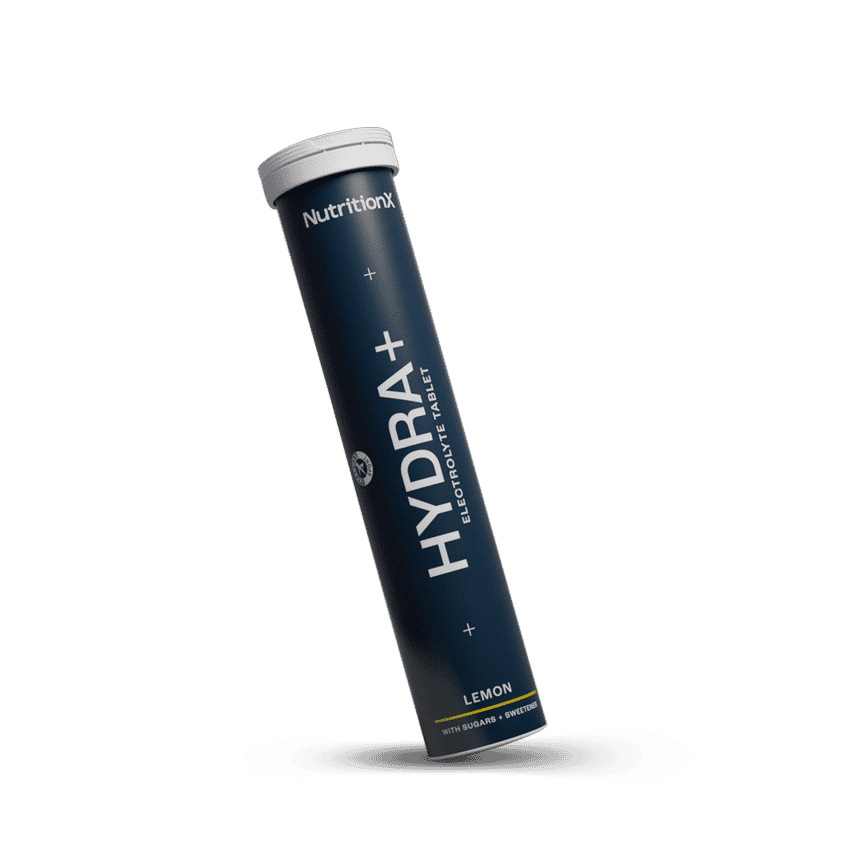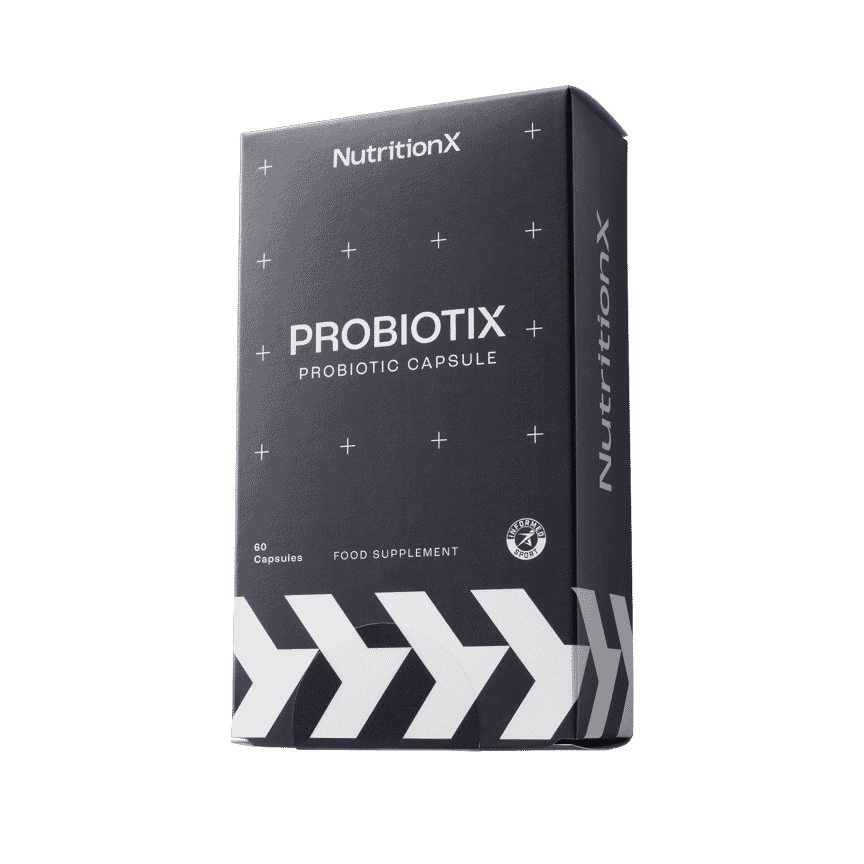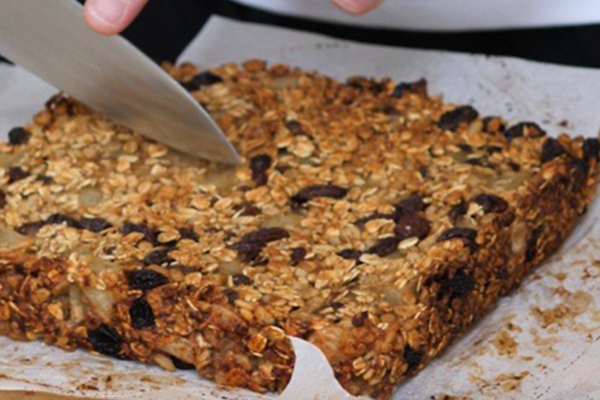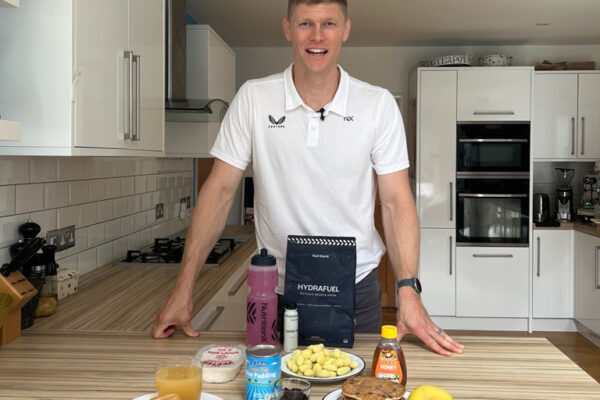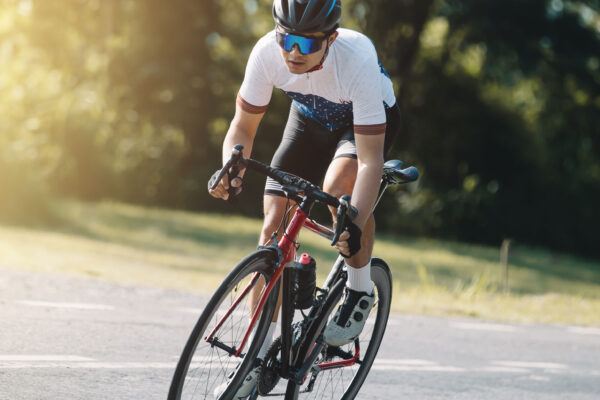Is staying healthy an important element of competitive cycling?
When it comes to elite cycling, what separates the riders standing on the podium with the sea of bodies whizzing past in a blur? We know that in many athletic endeavours, the major factor between competing and winning is minimising the number of days lost to injury and illness across a training year (1,2).
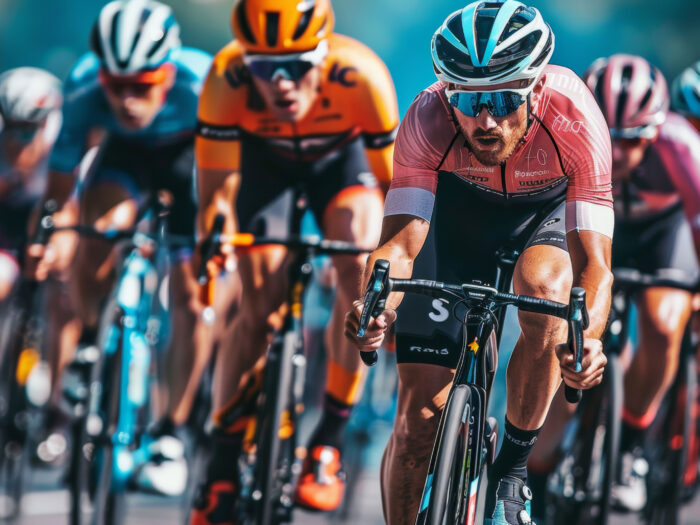
How can cyclists stay healthy year-round?
Staying healthy as an athlete and being able to accumulate as much training volume as possible is the key to progression and, ultimately, success. If you are fortunate to be able to spend 15-20 hours each week in the saddle, ensuring consistency every week builds the capacity to then perform when it comes to competition. This still leaves nearly 90% of the week ‘off the bike’ and it is how we manage our nutrition during this time which allows for quality and consistency in training.
Is hydration key to staying healthy?
Starting any ride hydrated is crucial to preventing drop-offs in power and repeatability, as well as brain function. This can be accentuated in hot, humid months of the year, but is just as apparent on chilly winter mornings. In terms of health, though, the first line of defence and physical barrier of mucus as part of our innate immune system is dependent upon hydration to be effective.
How can cyclists keep hydrated?
Simple checks of urine colour, ensuring it is pale and straw-coloured, helps to react to and regulate how much we are drinking. This can be challenging, especially during heavy training periods, so understanding if you are a heavy sweater and if you are losing a lot of sodium in your sweat can help to guide choices of fluids too. This is where using hydration drinks, such as Hydra+, can be a convenient addition to your water bottle during the day to aid in restoring both fluids and electrolytes; helping to maintain fluid balance all day, not just when a session approaches.
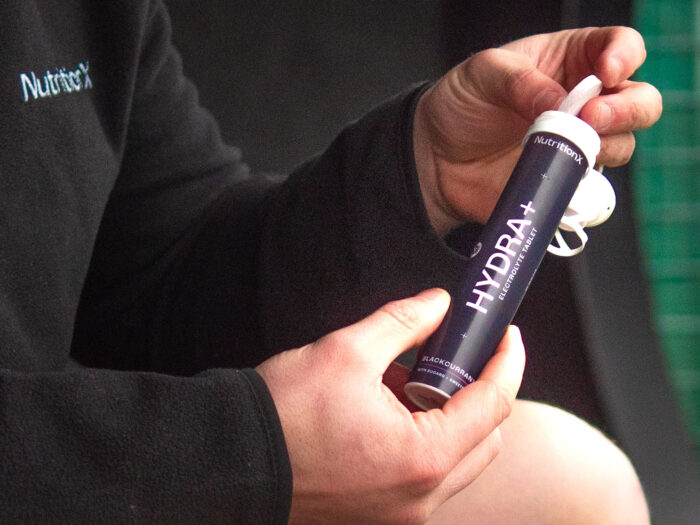
Gut health and immune function
Alongside hydration, we should also consider the effect that gut health has upon our immune function. Losing days to upper respiratory tract (URTI) infections can be frustrating, but the addition of probiotics to your regime may reduce these infections (3). The strains of bacteria found in a daily probiotic tablet such as Probiotix, which contains the Lactobacillus and Bifidobacterium species most frequently studied in athletes, shows the potential to reduce incidents of URTI but also the duration of any illness (4,5). This easy addition to your routine may also aid in the utilisation of those extra carbohydrates taken on whilst on the bike, meaning we can absorb and use that fuel more effectively (6).
Vitamin C’s role for athletes
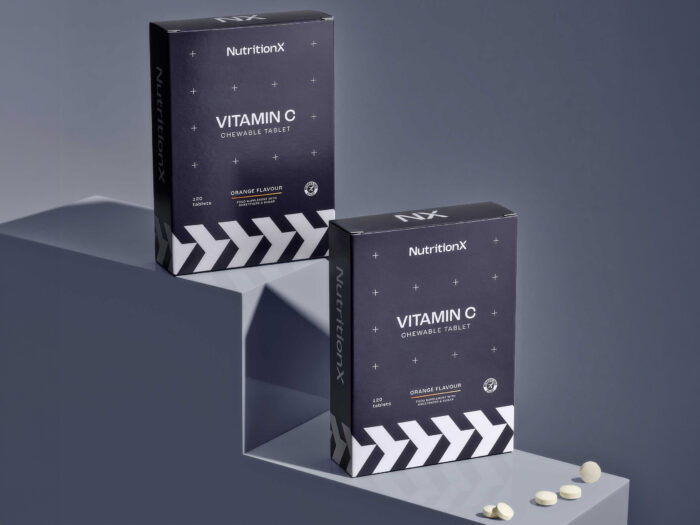
Foods high in vitamin C make regular appearances on the plate, with oranges, kiwis, peppers, broccoli and blackcurrants high in this micronutrient. However, with busy lives around training, dietary Vitamin C can be sub-optimal, especially in acute amounts around sessions. Using a chewable Vitamin C tablet can be particularly useful around days of high exertion and during periods where exposure to common colds is frequent. It plays a key role in enabling our immune systems to mount effective responses to infection, and may also reduce the duration of cold symptoms and therefore time spent unable to train at full capacity.
These three simple “off the bike” strategies may make the difference during heavy training periods or the winter months. By considering our hydration as a ‘24 hours a day’ challenge, looking after our gut and being mindful of micronutrient needs, we can accumulate that crucial volume day after day which ultimately separates the podium from the peloton.
References
- Raysmith, B., & Drew, M. (2016). Performance success or failure is influenced by weeks lost to injury and illness in elite Australian track and field athletes: A 5-year prospective study.. Journal of science and medicine in sport, 19 10, 778-83 . https://doi.org/10.1016/j.jsams.2015.12.515.
- Edouard, P., Richardson, A., Navarro, L., Gremeaux, V., Branco, P., & Junge, A. (2019). Relation of Team Size and Success With Injuries and Illnesses During Eight International Outdoor Athletics Championships. Frontiers in Sports and Active Living, 1. https://doi.org/10.3389/fspor.2019.00008.
- Sivamaruthi, B., Kesika, P., & Chaiyasut, C. (2019). Effect of Probiotics Supplementations on Health Status of Athletes. International Journal of Environmental Research and Public Health, 16. https://doi.org/10.3390/ijerph16224469.
- 4. Łagowska, K., & Bajerska, J. (2021). Effects of probiotic supplementation on respiratory infection and immune function in athletes: systematic review and meta-analysis of randomized controlled trials.. Journal of athletic training. https://doi.org/10.4085/592-20.
- 5. Pyne, D., West, N., Cox, A., & Cripps, A. (2015). Probiotics supplementation for athletes – Clinical and physiological effects. European Journal of Sport Science, 15, 63 - 72. https://doi.org/10.1080/17461391.2014.971879.
- 6. Pugh JN, Wagenmakers AJM, Doran DA, Fleming SC, Fielding BA, Morton JP, Close GL. Probiotic supplementation increases carbohydrate metabolism in trained male cyclists: a randomized, double-blind, placebo-controlled crossover trial. Am J Physiol Endocrinol Metab. 2020 Apr 1;318(4):E504-E513. doi: 10.1152/ajpendo.00452.2019. Epub 2020 Feb 18. PMID: 32069071.
- 7. Douglas, R., Hemilä, H., Chalker, E., & Treacy, B. (2007). Vitamin C for preventing and treating the common cold.. The Cochrane database of systematic reviews, 3, CD000980 . https://doi.org/10.1002/14651858.cd000980.pub3.



